West's weaponry for Ukraine pushing the world closer to 'nuclear apocalypse': Medvedev
Russia has warned that supplying more destructive and advanced weapons by the US and its allies to Ukraine increases the probability of a "nuclear apocalypse.”
Russia’s former President Dmitry Medvedev, who is currently serving as deputy chairman of the Russian Security Council, said on Tuesday that "the more weapons are supplied, the more dangerous the world will be," according to Russian news agencies.
"And the more destructive these weapons are, the more likely the scenario becomes of what is commonly called a nuclear apocalypse," he warned during a trip to Vietnam.
Russia began what it described as a "special military operation" in Ukraine on February 24, 2022 as part of a national security measure against the persisting eastern advance of the US-led NATO military alliance as well as protecting eastern Ukraine's Russian-speaking population against hostile attacks by Kiev.
Since then, the US and most European Union member countries have supplied Ukraine with tens of billions of dollars worth of weapons, including rocket systems, drones, armored vehicles, tanks, and communication systems.
The US has so far committed $48 billion in military aid and other assistance to Ukraine since the beginning of the war. Washington is the biggest supplier of weaponry to the Ukrainian military.
Moscow has repeatedly warned that the Western military assistance to Kiev will only prolong the war and that the West is engaged in a proxy war with Russia over Ukraine that could escalate into a much bigger conflict. The Kremlin also insists that it does not want to trigger a direct military confrontation between the US-backed NATO and Russia.
Medvedev's warning on Tuesday came four days after American President Joe Biden told fellow G7 leaders in Hiroshima, Japan, that he supported a joint effort with allies to train Ukrainian pilots on F-16 fighter jets.
Earlier this month, the United Kingdom announced during a summit of European leaders in Reykjavik, Iceland, that it was working with the Netherlands to build a so-called international "jet coalition" to help Ukraine obtain F-16 fighter jets from its mostly Western allies.
France and Belgium have also offered to help train Ukrainian pilots on the modern fighter aircraft. This is while Britain, Germany and the US have so far refused to supply Kiev with their own combat aircraft.
On Wednesday, German Defense Minister Boris Pistorius admitted that his country has neither the training capacity nor the right military equipment to be part of the so-called Western effort to secure advanced warplanes for Ukraine.
Separately on Tuesday, the Kremlin also said that further pledges of military aid to Ukraine by Western countries would not alter the situation on the front, with Kremlin spokesman Dmitry Peskov warning that supplying Ukraine with modern F-16 fighter jets would come with "obvious risks."
A day earlier, Russia's deputy foreign minister Sergei Ryabkov also stressed that any transfer of the US jets to Ukraine would be "absolutely pointless and stupid."
In another development on Tuesday, EU Foreign Policy Chief Josep Borrell said that the training of Ukrainian pilots to fly F-16 jets has begun in Poland.
"I am happy that finally, the training of the pilots for the F-16 has started in several countries. It will take time, but the sooner the better," he said at a meeting of EU defense ministers in Brussels.
Poland, a neighbor to Ukraine and one of its biggest supporters has said for months it is ready to train Ukrainian pilots on the warplanes.
Ukraine, which largely operates aged Soviet-era warplanes, has placed the US-made warplane at the top of its wish list in an attempt to gain access to advanced jet fighters.
VIDEO | Trump's Gaza 'peace plan' dismissed as 'one-sided and unworkable'
Sheikh Qassem: Hezbollah foiled objectives of enemy’s aggression
VIDEO | Transatlantic rift at Munich Security Conference
‘Textbook definition of terrorism’: Tehran denounces Pelosi’s call on US to exact ‘pain’ on Iranians
VIDEO | 39th AU summit opens in Addis Ababa with focus on water security, peace, and development
VIDEO | Iran: The stronghold Washington lost
Anti-Iran ‘Munich circus’ shows Europe has lost geopolitical weight: Araghchi
Swiss to act as venue of next round of Iran-US talks: Report


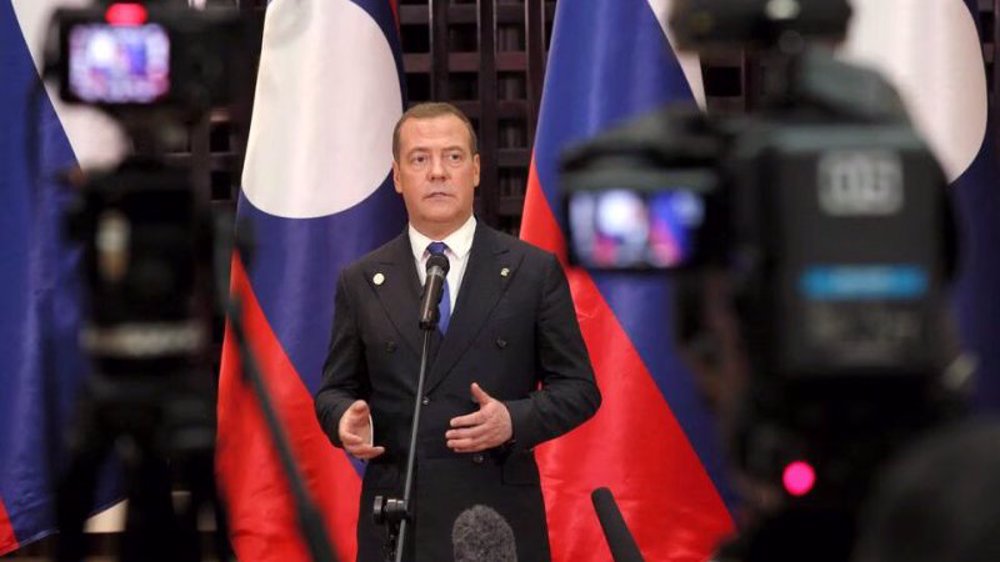
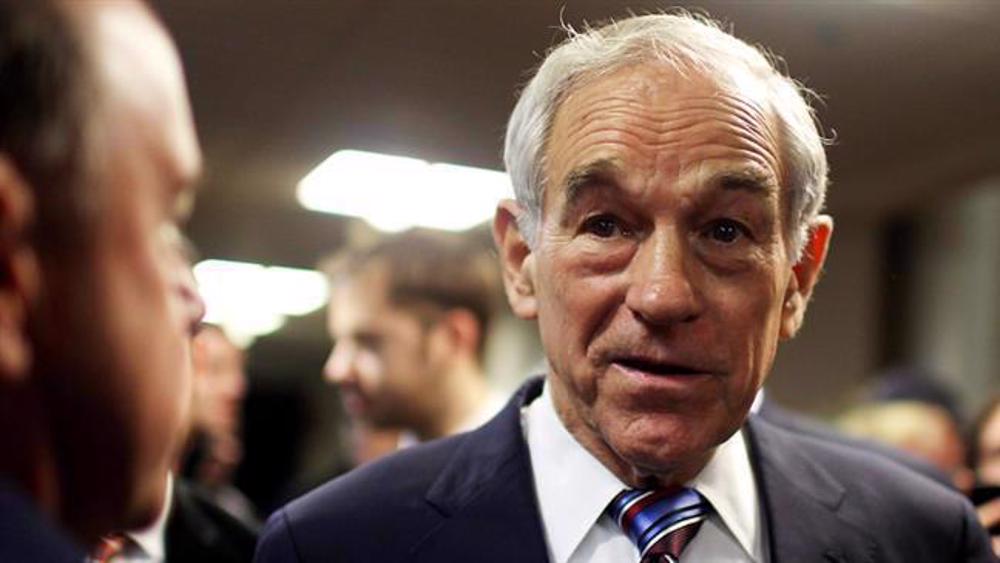
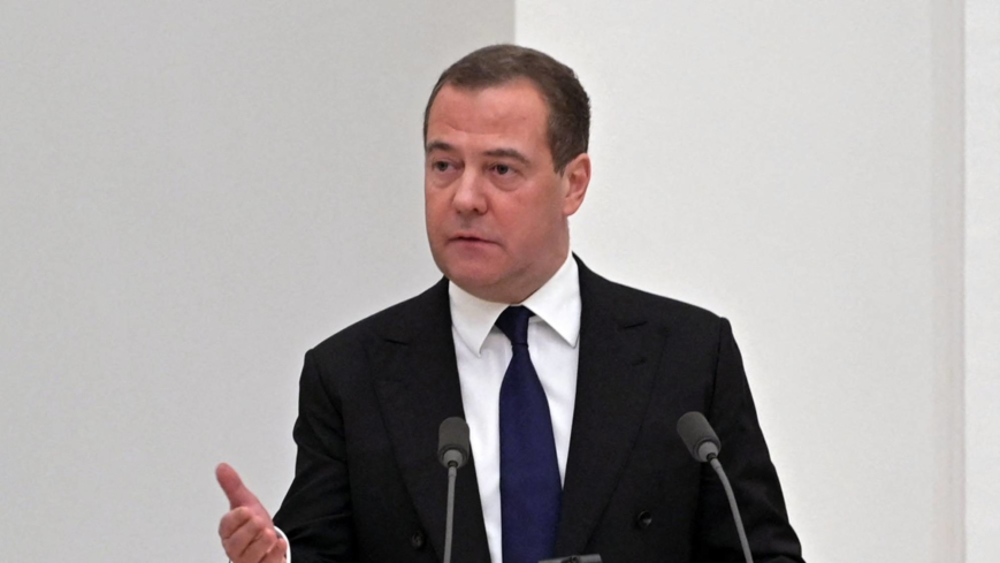
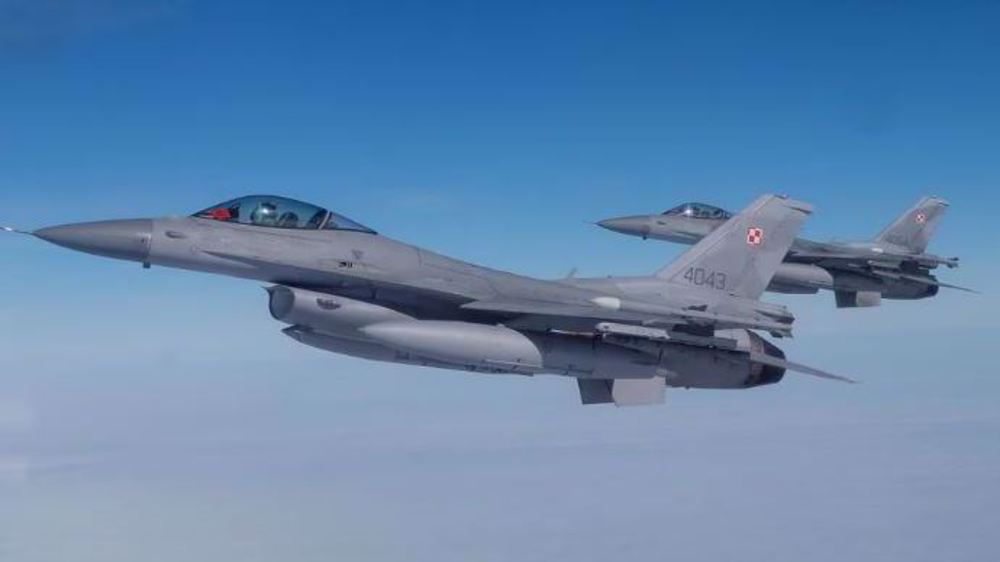
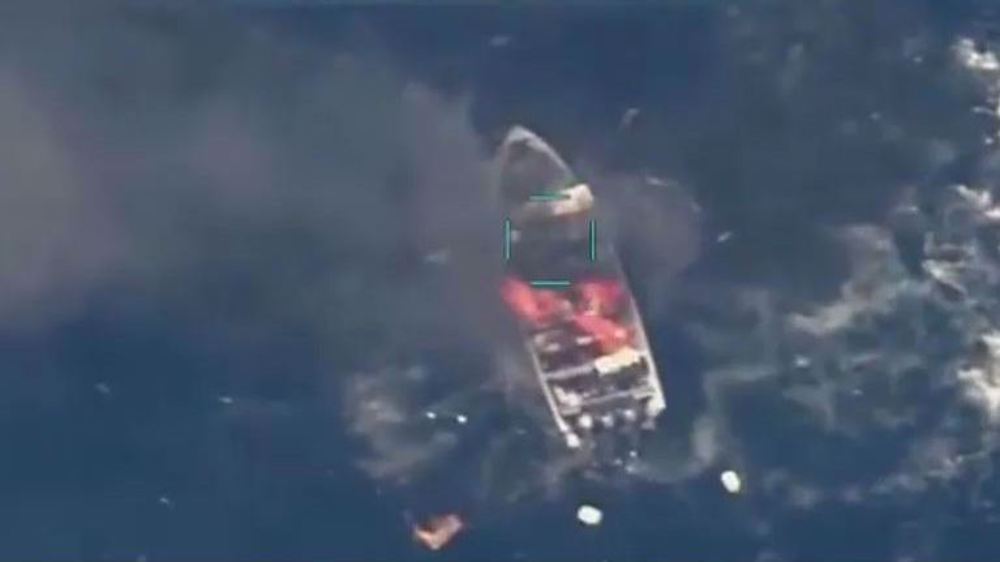

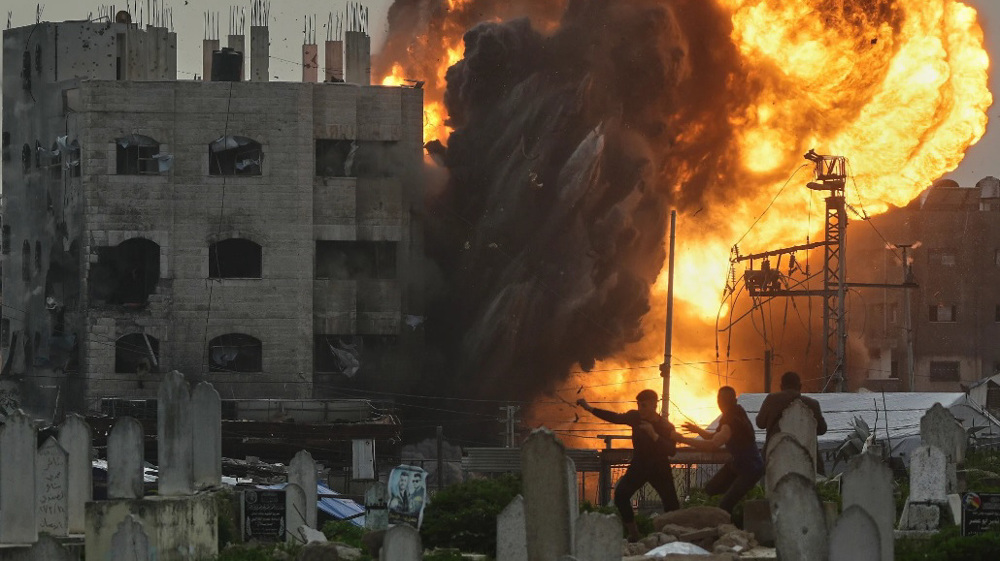




 This makes it easy to access the Press TV website
This makes it easy to access the Press TV website